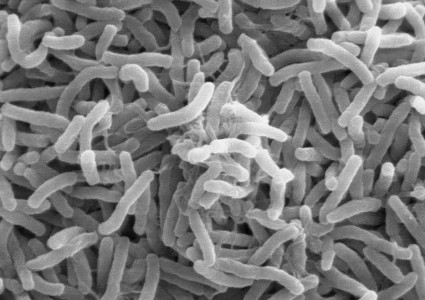
You probably don’t have cholera but here’s what you need to know.
Dar, the 12th dirtiest city in the world, has almost annual outbreaks of cholera.
The most recent outbreak took place in August 2015, and has now claimed over 300 lives and affected 20,000 more.
Read more: Cholera prompts street food ban
Here’s what you need to know about cholera:
It’s important to remember that infected persons, when treated rapidly, can recover quickly and there are no long term consequences, says IST Clinic’s Belia Klaassen.
Cholera spreads when contaminated water or food is consumed.
Under-cooked shellfish and meats, salads, street food, ice cubes and improperly washed fruits and vegetables can pose an extra risk, says Klaassen.
Cholera symptoms include sudden onset vomiting, profuse watery diarrhea, low blood pressure, restlessness, muscle cramps, dry mucus membranes, rapid heart rate and the loss of skin elasticity.
“If a household member or house staff member develops acute, watery diarrhea, administer oral re-hydration solution (ORS) and seek health care immediately. Persons caring for cholera patients can avoid acquiring illness by washing their hands after touching anything that might be contaminated and properly disposing of contaminated items and human waste.”
If not treated promptly, cholera can lead to kidney failure, coma and death.
